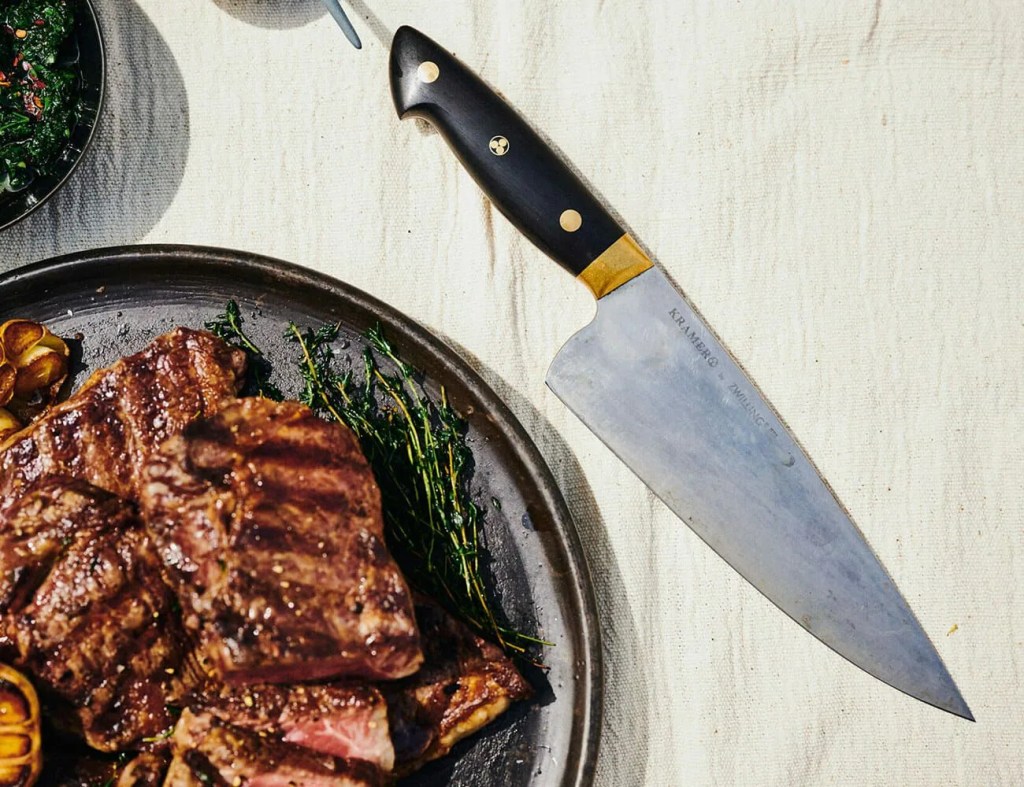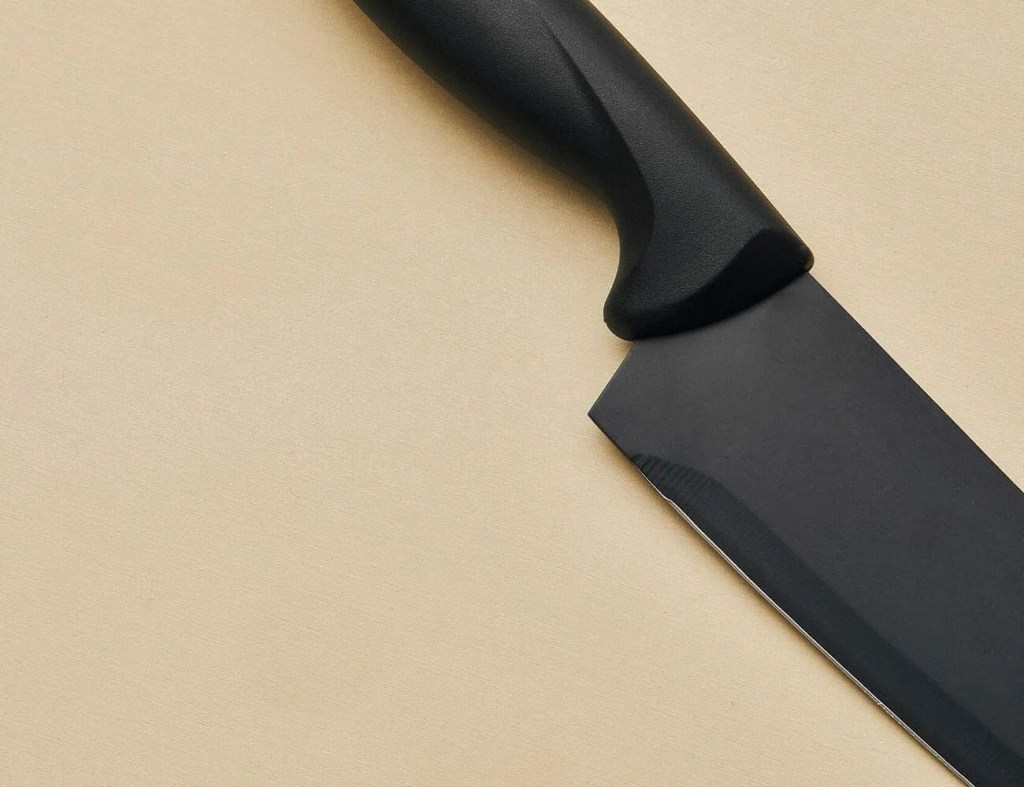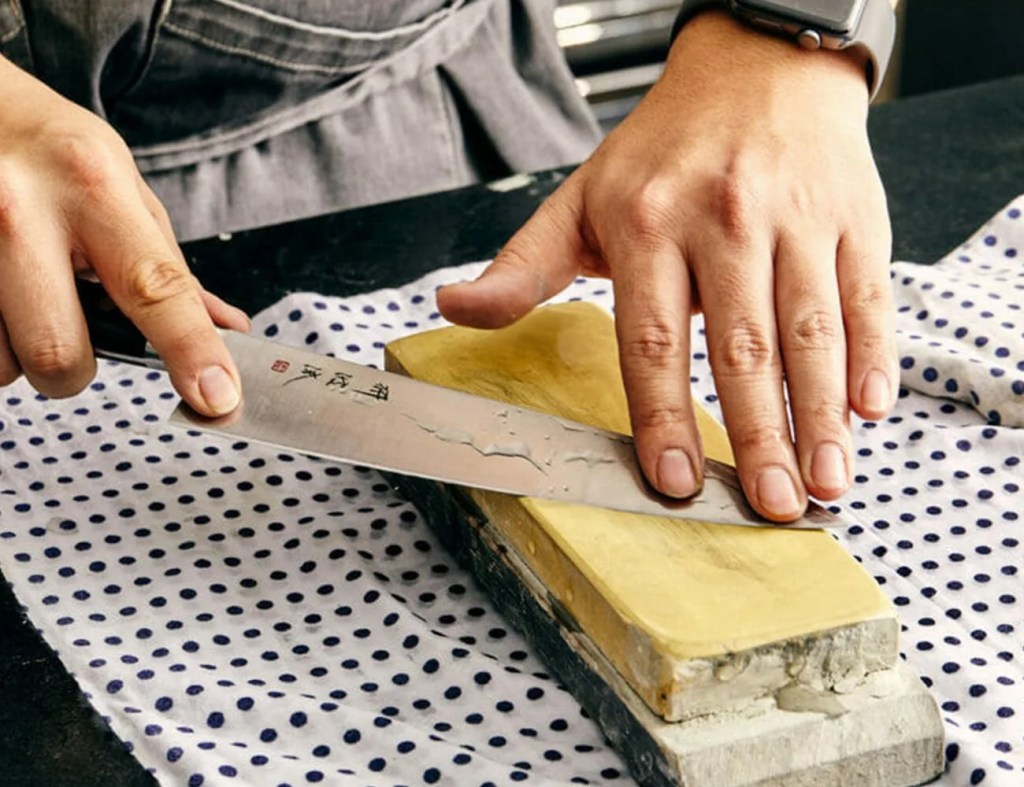Taking care of your kitchen knife isn’t as hard as it seems. And while it might be tempting to let your knife sit with the other dishes in the sink (don’t do it), or toss it haphazardly into the dishwasher (really, don’t do it), regular maintenance will make a world of difference.
Maybe you like cooking, or maybe you cook purely to survive. When your knife maintains its incredibly sharp edge — and glides effortlessly through rib eyes and rock-hard squash alike — you’ll start to truly enjoy rolling up your sleeves and conquering the kitchen.
They say that a bit of prevention is better than a cure. Here’s what you need to know to keep your knives in mint condition.
1. You’re using them for other jobs
Think about the number of times you’ve used your kitchen knife to pry open a can, open boxes, break down a small animal and hammer through frozen foods. Any of these can and will dull, twist or chip your blade because your kitchen knife is designed to cut through (non-frozen) foods only.
Using a kitchen knife for any other purpose can seriously damage your cutting edge. Specialty boning knives are meant exclusively for breaking down poultry, bone-in meats and fish — so don’t use your chef knife, santoku, or nakiri for hacking through bones.
 Photo by Henry Phillips
Photo by Henry Phillips







